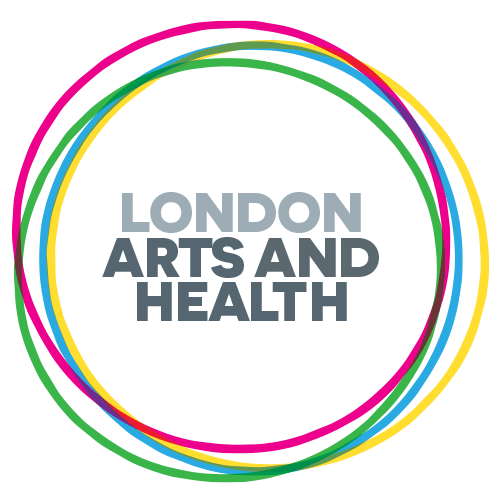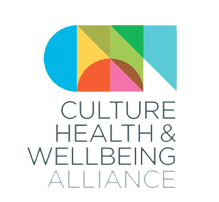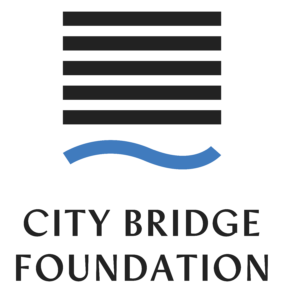Lewis Pickles is an arts in health and education practitioner working across a number of community and clinical settings. Their work centres around finding creativity through playful and organic arts collaboration. Lewis is the production and community editor of the ‘The Road’, which is a Zine that focuses on mental health, self-acceptance, and community building. Lewis is one of the writers; producing poetry to be published alongside their co-writer and creative editor Elise Harbud. Designed by Harry Fisher, this Zine includes a range of artworks from local South London artists. Issue Four was released earlier this year under the title ‘Home’. 20% of profit from the sales of the Zine are donated to The Mental Health Foundation. Lewis and the team were interviewed and had their work published in ‘Many Reasons To Be Cheerful’, December 2021.
Lewis recently began a new role working as an activity practitioner at the South London and Maudsley NHS Foundation Trust (SLaM).
In this short blog, Lewis spoke to Anna, LAH’s Director and reflected on their new role and what the work means to them.

I knew that Arts & Health has been an area that I have wanted to work in for a very long time yet, as with many arts in the community subsectors, I was struggling to find a way to break into it.
I decided to explore inpatient mental health services and what roles are offered there, aside from arts therapy. I soon discovered that a large number of NHS Trusts (particularly those that focus on Mental Health) offer activity practitioner roles with a strong arts focus. I found that South London and Maudsley NHS Foundation Trust (SLaM) had for an activity practitioner role. I applied, unsure of exactly what the role might include, but I was intrigued.
I work in a medium secure unit which supports offenders who are struggling with a severe mental illness, many of whom only offended because of their illness. Most of the patients arrive directly from prison, or high security hospitals, and require acute psychiatric care. Entering the world of forensic psychiatry as an arts worker was initially daunting – protocols to be aware of, security risks to work alongside, and a large multi-disciplinary team full of different roles, each with varying goals. I was placed on a ward that works within the Offender Personality Disorder Pathway, which works to support patients who suffer from a personality disorder. What I have found interesting about this role has been that these patients are not necessarily acutely unwell; they do not experience periods of psychosis or heightened anxiety per se. However, their trauma has had a profound impact on them and, ultimately, they are extremely vulnerable. Each week I arrive and speak with the patients on the ward and together we co-design a programme of arts and activity based provision, which suits their interests and supports them in their journey. I then prepare these sessions and deliver them throughout the week, on the ward.
I have the pleasure of using art (in the most broad sense of the word) to connect with these patients, to open up ways of communicating, share ideas, and express freely in a space that I try to hold with as much safety as possible. Whether we are exploring paints, music, stories, or cooking, these moments can be transformative. In a criminal justice system that is often more punitive than rehabilitative, I feel a great honour to be able to work within a team of occupational therapists, psychotherapists, and arts therapists, to deliver a truly rehabilitative programme of sessions with the aim of supporting these patients come to terms with their offence and manage their often complex illnesses. Many of these patients go on to have books published, art shown at Bethlem Gallery, stories performed to their peers, and hopefully this offers them a small ounce of hope during their darkest time.
Some people ask me how I could work so closely with offenders of violent crimes, but I always tell them that, through arts practice, I get the opportunity to look inside at some of the hardest challenges life has given these people, and see them for who they are: beyond their crime, beyond their illness, beyond the stigma.
Written by Lewis Pickles FRSA
You can find out more about Lewis on Twitter @lewispickles_
Or on their website https://www.lewispicklescreative.org
Lewis will be running an event for LAH later this year exploring their practice, details will be announced soon.





